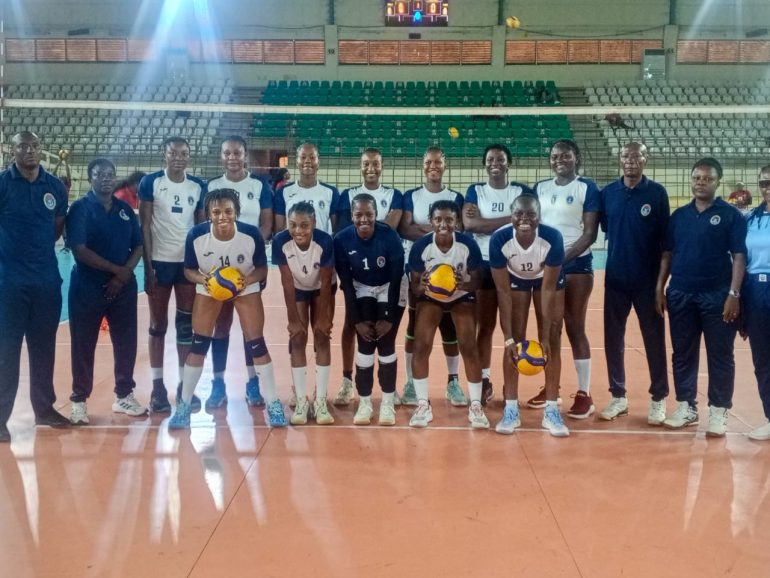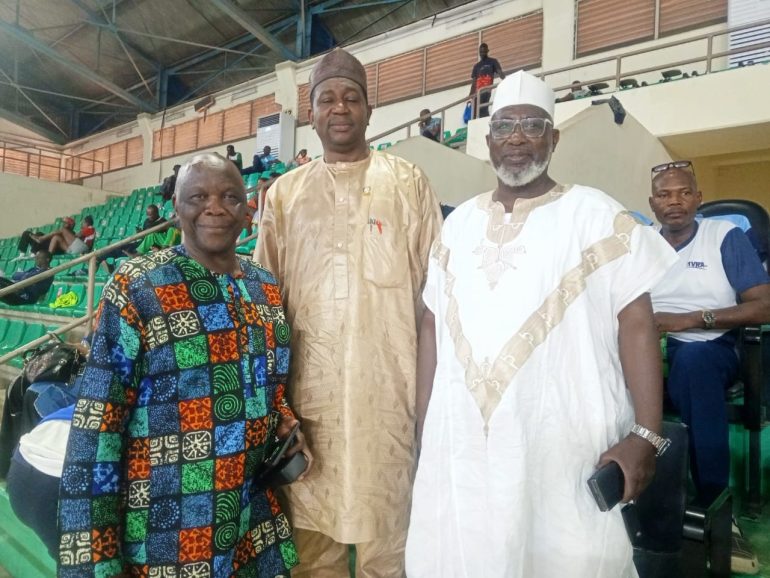Listeners:
Top listeners:
-
play_arrow
104.9FM Best rock music demo
-
play_arrow
Demo Radio Nr.1 For New Music And All The Hits!
-
play_arrow
Demo Radio Techno Top Music Radio
-
 play_arrow
play_arrow
Police Commissioner Launches Weapon and Riot Control Training for FCT Officers Democracy Radio

By: Arinzechi Chukwunonso
The Future Pro League International (FPLI) concluded its trial phase on an electrifying note after two days of competitive football, raw displays of talent, and promising individual performances. Building on the glamour and intensity of Day One, Day Two offered a deeper glimpse into the league’s mission to identify and nurture the next generation of professional footballers.
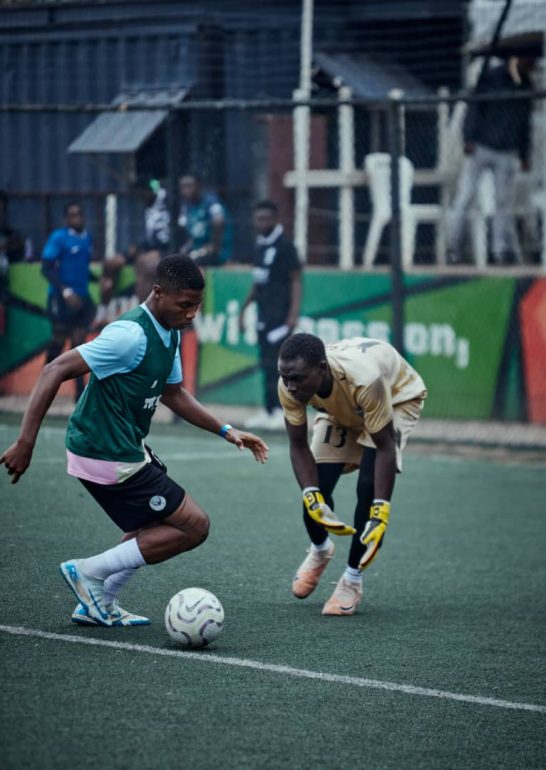
Founder and Convener of the programme, Clifford Ikwang, expressed delight at the progress made during the trials, particularly in recruiting and showcasing younger players. “The main thing I’m happy about is seeing young ballers —talented, hungry, and ready to compete,” he said. “From the beginning, my focus has been on recruiting younger players and building a pathway for them to step into the professional game. What I saw today tells me we’re on the right track.”
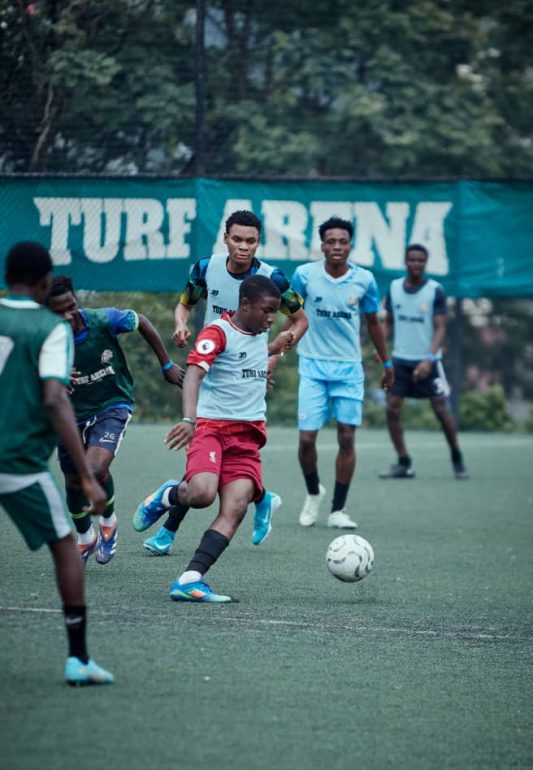
Day Two featured 10 teams in five fiercely contested matches, bringing the total number of players recruited over the two-day trials to more than 100. The talent pool featured standouts such as a towering 16-year-old centre-back with the poise and vision of a seasoned professional, as well as a player whose perfectly executed free-kick caught the organiser’s eye despite not being awarded by the referee. “The referee didn’t give it, but I saw it. That’s the kind of technique under pressure we’re looking for,” Ikwang added.
Among the players who made their mark on Day Two was Obumeh Job, 21, whose team secured victory despite a shaky performance. Speaking candidly after the match, Job said:
“If I’m to be clear, the team performance was mid—this was not us at our best at all. We made a lot of mistakes and even started arguing amongst ourselves on the pitch, which wasn’t good. But as the tournament goes forward, we’ll work on ourselves. If we improve from today’s performance, I don’t think anything can stop us.”
Job also praised the tournament’s professionalism, noting that it exceeded his expectations:
“The organisation is perfect—better than I expected. In other tournaments I’ve played, the age range rules were never respected and the planning was always disappointing. But here, I’m seeing things done properly. This is something people are really taking seriously.”
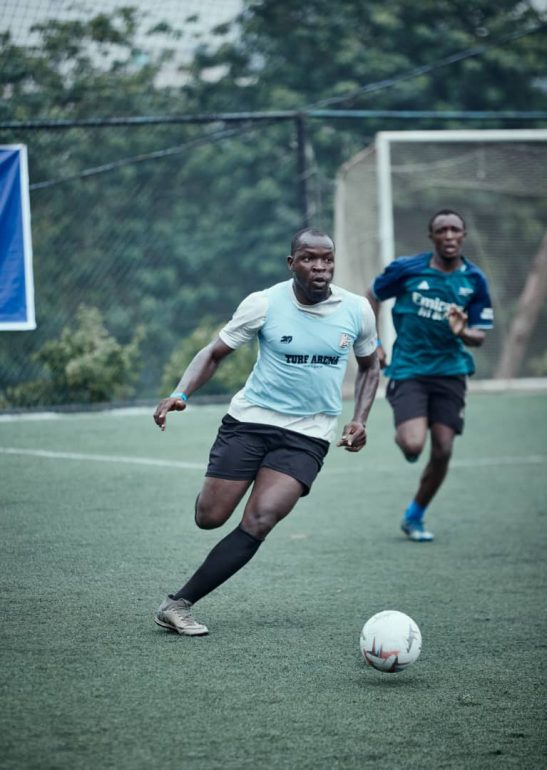
Another young talent catching the spotlight was Muhammad Hassan, a 17-year-old who helped his team to victory. For Hassan, it was more than just the win:
“It feels good, actually,” he said, reflecting on the match. “The competition is nice—well set up, with good organisation. My aspiration in this tournament is to just keep on improving and giving my best in every game.”
With the trial phase now complete, the FPLI will shift to the tournament stage, which will be contested in a single round-robin group format. Each team will play at least three matches, ensuring multiple opportunities for players to prove themselves. Ikwang emphasised that the next stage will be unforgiving: “There will be no ‘best loser’ route here. Every team will have to fight for their spot. Once the tournament starts, there’s no room for pity—you have to show you deserve to be there.”
The Future Pro League International, designed to bridge the gap between grassroots football and the professional game, is already being recognised as a platform where organisation, opportunity, and raw talent converge. As Ikwang summed it up: “Our mission is clear—identify raw talent, give them the right exposure, and push them to reach their potential. Day Two showed me that the future is bright.”
Written by: Toyeebaht Aremu
Similar posts
Copyright Democracy Radio -2024

